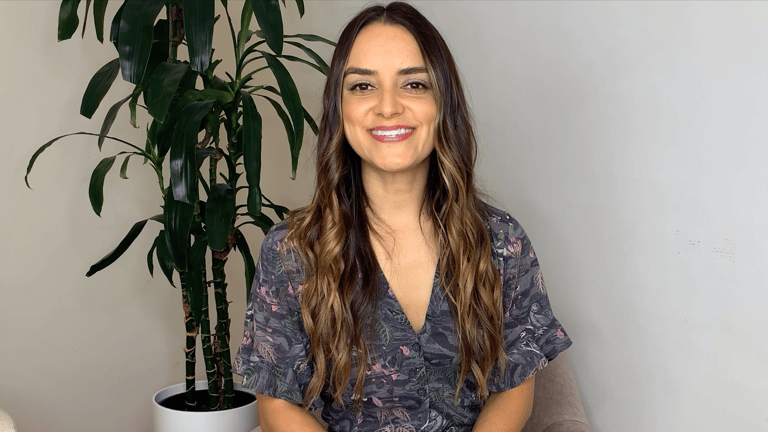
Whether to lease or buy a car is amongst one of the top debates when it comes to making major finance choices. Choosing which option wins ultimately comes down to your priorities and preferences as a driver.
While some people only look at the numbers to come up with the best strategy, others may make their decision based on emotions and the connection to owning or driving the car of their dreams.
At the end of the day, if you can afford the option you choose, there is no clear right or wrong decision. Let’s dive into the differences between leasing and buying a car, so you can choose the best option for you.
Is leasing a car right for you?
When you choose to lease, you’re basically renting a car from the dealer for a specific period of time — like 36 or 48 months — and for a certain number of miles — like 12,000 miles annually. During this time, you typically make monthly lease payments to the dealer. Once your lease ends, you have a few options: Return the car to the dealer or purchase it at a predetermined amount, which is defined in the lease contract.
When leasing, you could drive a new car with a lower monthly payment than you would have with a car loan. Additionally, if you enjoy driving new rides, you can trade-in your car for a new lease and get a new car every three or four years.
If you use your car for business purposes, you can also maximize tax deductions with a leased car. A lease will often afford you more tax write-offs than a loan. The IRS allows you to deduct both the depreciation and the financing costs that are part of each monthly payment.
Obviously, the major downside is at the end of the term of the lease, you do not own the car, so either you have to get into a new lease or decide to purchase a car at that time.
So side by side, let’s take a look at the pros and cons of leasing:
Pros
-
- Lower monthly payment
- Drive a new car every few years
- Potential for business tax deductions
- Better warranty protection and maintenance options
Cons
-
- Must have stable monthly income and good credit
- Strict mileage parameters
- No equity in your vehicle
- Likely to pay more over time
Is buying a car right for you?
Purchasing a new or used car is a large financial decision. With so many things to consider, it can be overwhelming to know if buying a car is the best choice for you. The good news is once you pay for the car (or pay off your auto loan), you own the car and have an asset — even if it’s a depreciating one.
Considering paying all cash? You might want to rethink that idea. The moment you drive a car off the lot, the value goes down. So it doesn’t make sense to put too much down on the car. It’s typically best to put down enough to cover the closing costs and make your monthly loan payments affordable within your budget.
After the auto loan is paid off, you may have quite a few years of driving the car without a monthly payment, which is enticing for car owners.
Now let’s take a look at the pros and cons of buying:
Pros
-
- More options
- Ownership and equity
- Free to customize your vehicle
- No end-of-lease charges or fees
Cons
-
- Higher monthly payments
- More responsibility after the warranty period
- Higher repair costs
Whether you decide to lease or buy a vehicle, it often comes down to your personality and preference. How many miles do you drive every year? Does luxury or practicality matter more to you? Do you like doing minor repairs? Take time to consider what matters most and make the right choice for you. And if you do decide to buy a vehicle, working with a financial professional to help you make the right decision regarding how your next car can be valuable.
About Learn
Financial advice for real people, by real people. You shouldn't need a degree to understand your money. Join Head of Education, Brittney Castro and Altruist mentors as they break down financial tips and strategies in a real way to help you finally understand how to achieve your financial goals faster.

